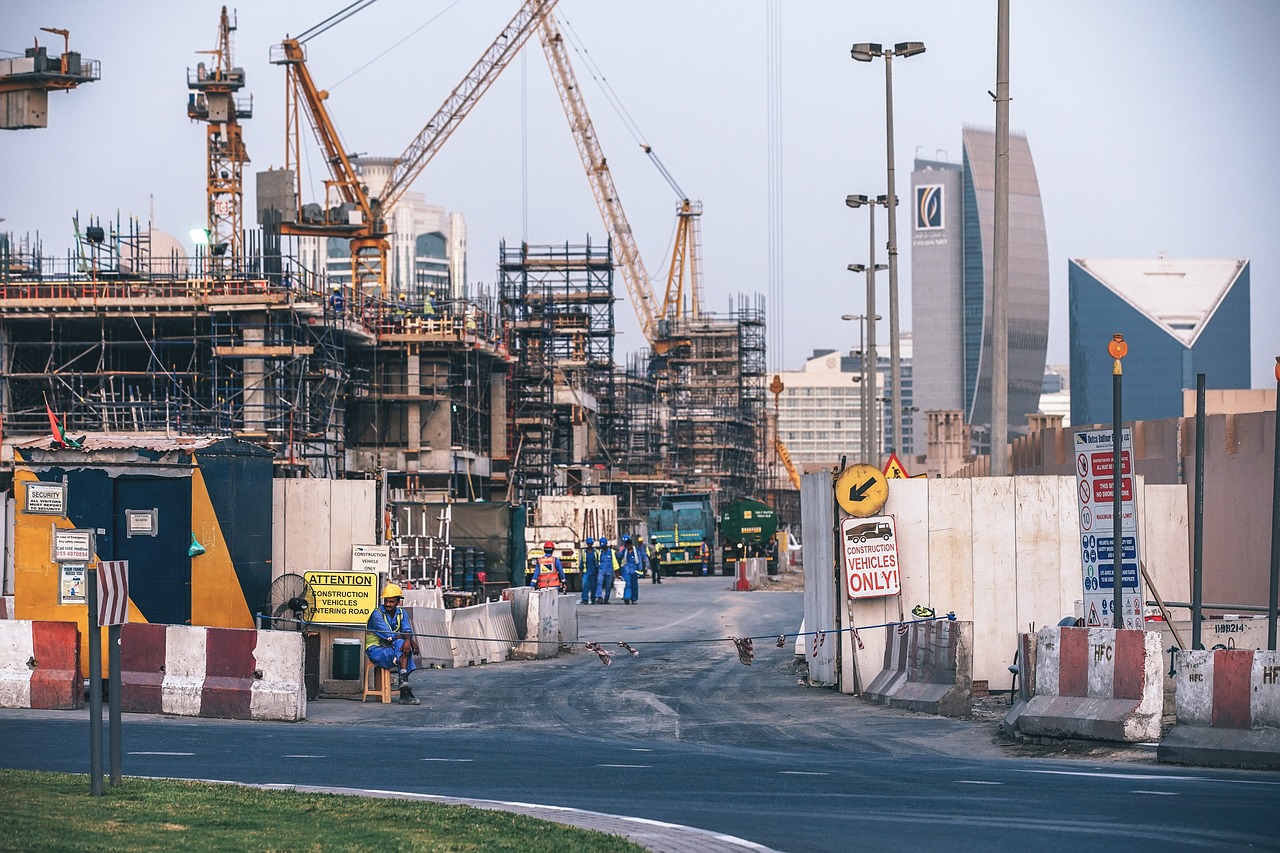The Role of PR in Political Campaigns: Allpanel 777, Laserbook247.online, 99exch.in
allpanel 777, laserbook247.online, 99exch.in: The role of public relations (PR) in political campaigns is crucial for shaping public perception, building relationships with the media, and ultimately influencing voter behavior. PR professionals play a vital role in helping political candidates communicate their message effectively, manage their public image, and navigate the complexities of the modern media landscape.
In today’s digital age, where information spreads rapidly through social media and online news outlets, the need for strategic PR tactics in political campaigns has never been greater. From organizing press conferences and crafting compelling speeches to responding to media inquiries and managing crisis communications, PR professionals are indispensable members of any political campaign team.
Below, we delve into the key ways in which PR impacts political campaigns and why it is essential for candidates to invest in a robust PR strategy.
Building a Strong Personal Brand
In the world of politics, perception is everything. PR professionals work closely with candidates to develop a strong personal brand that resonates with voters. This involves showcasing the candidate’s strengths, values, and policy positions in a way that aligns with the interests and priorities of the electorate. By crafting a compelling narrative and consistent messaging, PR professionals help candidates connect with voters on a personal level and build trust and rapport.
Managing Media Relations
One of the primary roles of PR in political campaigns is managing media relations. PR professionals work tirelessly to cultivate relationships with journalists, bloggers, and influencers to secure positive press coverage for their clients. This involves pitching stories, responding to media inquiries, arranging interviews, and organizing press events. By proactively engaging with the media, candidates can control the narrative and shape public opinion in their favor.
Creating Engaging Content
In today’s fast-paced media environment, attention spans are short, and competition for voter attention is fierce. PR professionals play a critical role in creating engaging content that cuts through the noise and captures the hearts and minds of the electorate. From compelling social media posts and shareable videos to informative infographics and impactful speeches, PR professionals leverage a range of content formats to deliver the candidate’s message effectively.
Navigating Crisis Communications
In the world of politics, unforeseen challenges and controversies can arise at any moment. When crisis strikes, PR professionals spring into action to manage the fallout and protect the candidate’s reputation. Whether it’s addressing a damaging news story, responding to a social media firestorm, or handling a public gaffe, PR professionals are on the front lines, devising strategies to mitigate damage, rebuild trust, and salvage the campaign’s credibility.
Monitoring Public Opinion
In the age of big data and analytics, PR professionals leverage sophisticated tools and techniques to monitor public opinion and track the effectiveness of their campaigns. By analyzing social media sentiment, tracking media coverage, and conducting polls and surveys, PR professionals gain valuable insights into voter preferences, attitudes, and behaviors. This data-driven approach allows candidates to fine-tune their messaging, target key demographics, and optimize their campaign strategy for maximum impact.
Engaging with Stakeholders
In addition to managing media relations and shaping public perception, PR professionals also play a key role in engaging with stakeholders and building coalitions of support for the candidate. From organizing fundraisers and networking events to forging partnerships with community leaders and interest groups, PR professionals help candidates cultivate alliances and mobilize resources to advance their campaign goals. By fostering relationships with key influencers and decision-makers, candidates can broaden their reach, amplify their message, and rally support for their candidacy.
In conclusion, the role of PR in political campaigns cannot be overstated. PR professionals serve as the architects of a candidate’s public image, the gatekeepers of media access, and the strategists behind a winning campaign. By leveraging their expertise in branding, media relations, content creation, crisis communications, data analysis, and stakeholder engagement, PR professionals help candidates navigate the complexities of the political landscape and connect with voters in meaningful ways.
FAQs
Q: What is the difference between PR and advertising in political campaigns?
A: PR focuses on building relationships with the media, shaping public perception, and managing communications strategy, while advertising involves paid promotional tactics to reach target audiences through various channels.
Q: How do PR professionals measure the success of a political campaign?
A: PR professionals use a combination of qualitative and quantitative metrics, such as media coverage, social media engagement, polling data, and voter turnout, to evaluate the impact of their campaigns and gauge the effectiveness of their strategies.
Q: How can candidates leverage PR to overcome negative publicity?
A: Candidates can work closely with PR professionals to address negative publicity proactively, respond tactfully to criticism, clarify misconceptions, and highlight their strengths, values, and accomplishments to rebuild trust and credibility with voters.
Q: What role does social media play in PR for political campaigns?
A: Social media is a powerful tool for PR professionals to engage with voters, amplify the candidate’s message, mobilize supporters, and monitor public sentiment in real-time. Platforms like Twitter, Facebook, and Instagram offer candidates a direct line of communication with the electorate and an opportunity to shape public discourse.







